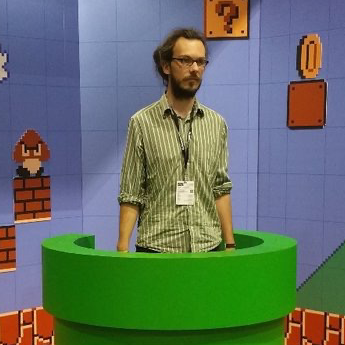- cross-posted to:
- technology@beehaw.org
- cross-posted to:
- technology@beehaw.org
cross-posted from: https://lemmy.ml/post/2999441
I’m not plugged into all the hype around lk99, but this person seems to be a nice balance of hype, technical background and eagerness to not be wrong about things.
They seem to make a good and simple case for why the superconductor possibility is slipping away (as far as mostly internet hype based replication attempts go)


I’m a materials science layperson but not a science layperson … I’ve got some experience in scientific research.
And, IMO, you’re overestimating scientists here or casting a pretty idealised picture of how research and breakthroughs happen. Which, I think, was precisely part of the appeal of this story, the messiness of it and the possibility that, however foggy the truth was and all the hype aside, there was something interesting going on.
For example, for me, and I hope the general public, I think there’ll be an interesting story in how this whole thing happened. The public image of science is way too idealised and consumeristic (where people want to consume “finalised results” and hype rather than scientific process and curiosity) … instead it’d be nice to hear about how a group of researchers got too excited, or why they made fundamental errors … and why did certain people around the world get excited and try to replicate it? What’s the story behind the material itself? Why did the researchers pursue it and what did they see in the material (on which there does seem to be an interesting story about theories from soviet scientists that the west ignore)? Beyond all of that, given the simulation results … is there anything to be taken from the material for future research?
There likely won’t be, just like there’s never any follow-up on the solar roadways people getting millions in government funding (so it must be real), or the perpetual motion generator being outright fraud, or the firehose of utter BS battery “breakthrough” stories. Sensationalism gets headlines, boring retractions don’t.
And just to be very clear about my position and why I’m not overestimating anyone, breakthroughs like what was claimed with LK-99 rarely happen at all. Research is slow, arduous, filled with dead ends and side quests. Real development in the real world happens with incremental improvement almost all of the time rather than some “eureka!” moment. What I would expect from a group that has discovered a method to turn lead into gold is a pile of gold before they ever mention it. Similarly, if someone claims to have a room temperature, atmospheric pressure superconductor, they’ll have followed their own process more than once and taken more precise notes the second time around.